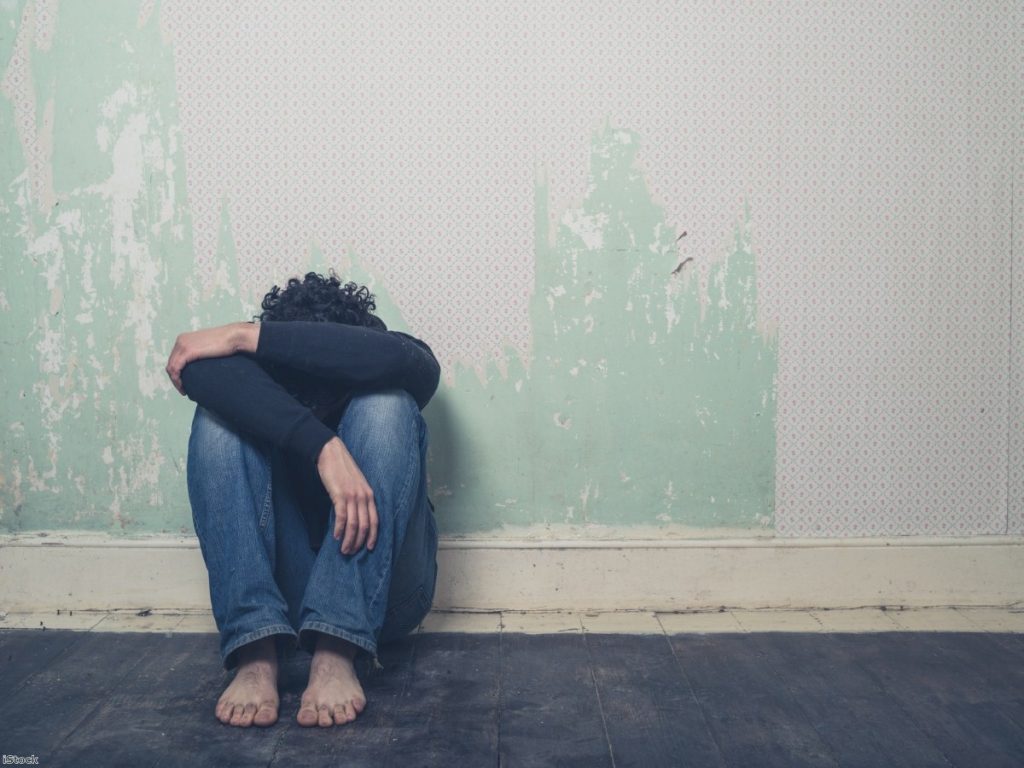By Jonathan from Survivors Speak OUT
I'm a torture survivor. I fled my country to seek refuge in the UK. I know the relief that comes from finally being believed and having your claim for protection accepted. But, as a new report from MPs makes clear, the transition from asylum seeker to refugee can be extremely difficult. Without proper support and advice, you can find yourself homeless and penniless, fending for yourself in an unfamiliar and increasingly hostile environment.
Last year I spoke to the parliamentary inquiry into the integration of refugees in the UK. Their Refugees Welcome report has lots of important recommendations about how to help refugees settle in Britain, including timely documentation, better housing support and advice on finding employment and making benefit claims. But a truly welcoming Britain needs to open its heart as well. It needs to tackle the misplaced fears that are spread in certain media outlets and by politicians.
These fears come from a place of fear and ignorance. We have been described as criminals and as people traffickers, but the truth is that most of us have been the victims of these people because no safe or legal routes to asylum have been open to us.


Some believe we have bad intentions towards women. This stereotype is not only deeply damaging and offensive but also untrue. Many male refugees, like me, had to leave their countries because they stood up for human rights, including rights for women.
My story is just one example. I come from a culture where we are taught to be respectful of women and as a teacher I treated girls and boys equally. It was because I stood up for young women in the school that I taught in that I was tortured.
We are depicted as being dependent on benefits, but this is not through choice. What many people do not know is that asylum applicants are not allowed to work. Once we have refugee status and can finally start to look for a job we are keen to contribute to British society. Our qualifications and experience are often not recognised but we persevere, going back into education to rebuild old skills or find new ones, taking low-paid work or starting small business ventures.
There are good and bad people in every community but the vast majority of people want to live peaceably and lawfully. This is especially true of torture survivors who know what happens in societies where there are few boundaries against aggression and little recourse to the rule of law.
It is the duty of leaders and opinion formers not to demonise and stigmatise refugees and asylum seekers, not to portray them as terrorists or criminals. These stereotypes are not only inaccurate but dangerous, for refugees and for society as a whole. They create significant barriers to being accepted into the communities that are now our home.
Today I live and work here with my family. But I am also a torture survivor and I have memories and experiences I cannot forget. I welcome this new report and hope that alongside adopting its important recommendations, much more is done to end the negative and damaging rhetoric around refugees.
Jonathan is a support worker, an activist with Survivors Speak OUT and a srvice user champion at Freedom from Torture. "Refugees Welcome? The Experiences of New Refugees in the UK” was published on 25 April
The opinions in politics.co.uk's Comment and Analysis section are those of the author and are no reflection of the views of the website or its owners.












